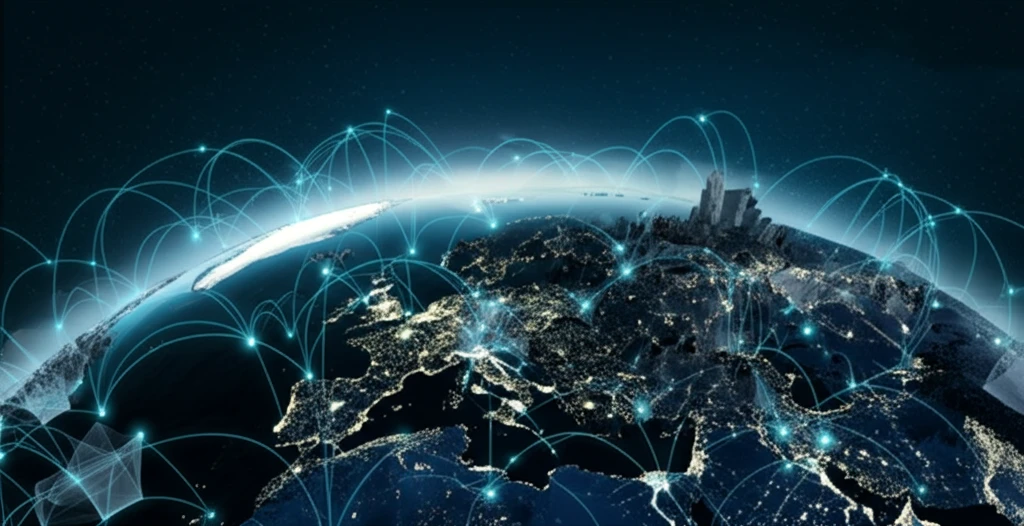
Beyond Borders: How Cities and Regions are Shaping Global Development
"Explore how internationalization is reshaping local governance, economic strategies, and cultural identities in a globalized world."
In an increasingly interconnected world, the concept of the nation-state is evolving. Subnational entities, such as cities and regions, are becoming key players in global development. This shift is driven by internationalization, a process where local governments engage with the world through networks, cooperation, and marketing to improve their communities.
This evolution presents both opportunities and challenges. Cities and regions must adapt to new economic realities, navigate complex international relationships, and preserve their unique identities. For Colombia, this means understanding how its territories are integrating into the global landscape and what strategies are proving most effective.
This article explores the dynamics of internationalization in a territorial context, examining the strategies employed by local governments, the obstacles they face, and the lessons learned along the way. By understanding these processes, we can better equip communities to thrive in a globalized world.
What is Territorial Internationalization and Why Does It Matter?

Territorial internationalization is the process by which local governments actively engage with the global community. This involves projecting themselves beyond national borders and attracting resources to their territories. Effective internationalization requires a strategic approach and the utilization of various methods.
- International Cooperation: Participating in global projects and partnerships to address shared challenges.
- Territorial Marketing: Promoting a region's unique assets and attractions to attract investment and tourism.
- Insertion in Networks: Joining international networks to share knowledge and collaborate with other regions.
Lessons for a Global Future
As globalization continues to reshape our world, the role of cities and regions will only become more critical. By understanding the dynamics of territorial internationalization, local governments can better position themselves to address challenges, seize opportunities, and build a more prosperous and sustainable future for their communities. Embracing this proactive, globally-minded approach is essential for navigating the complexities of the 21st century.
